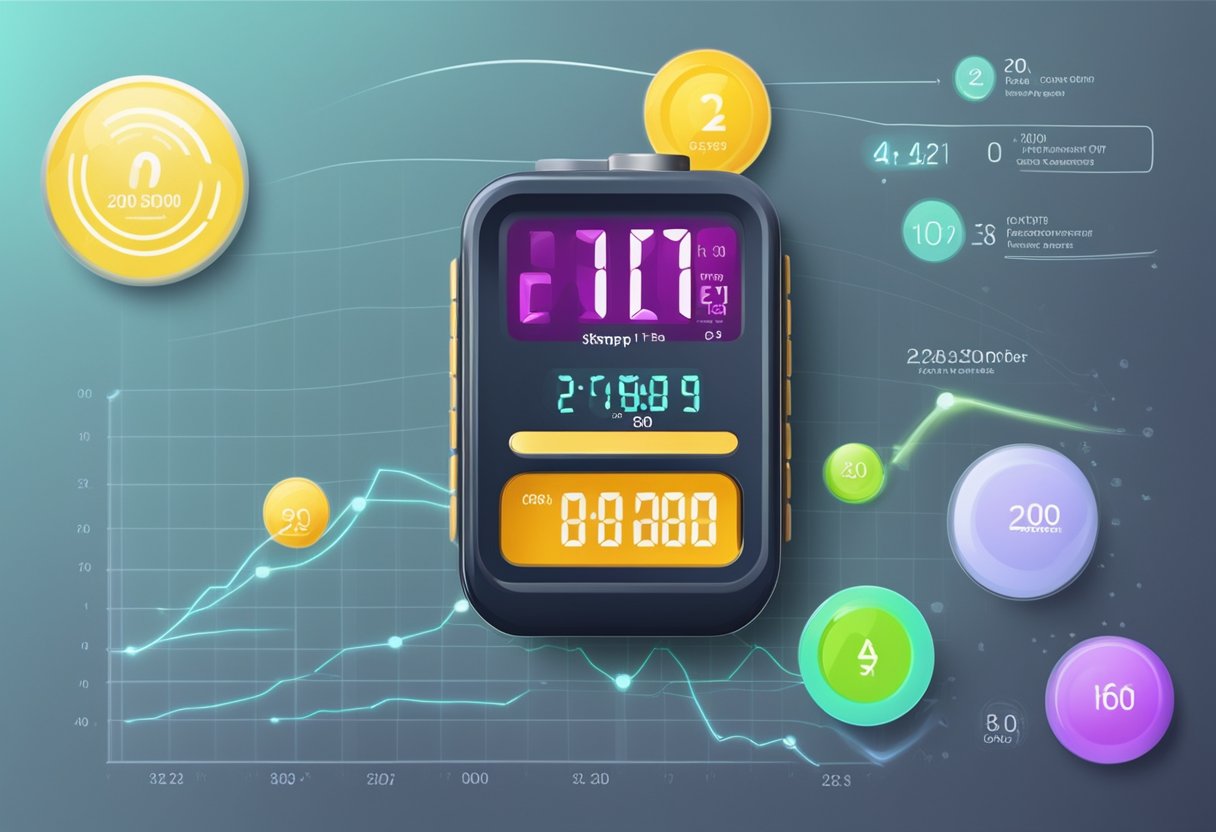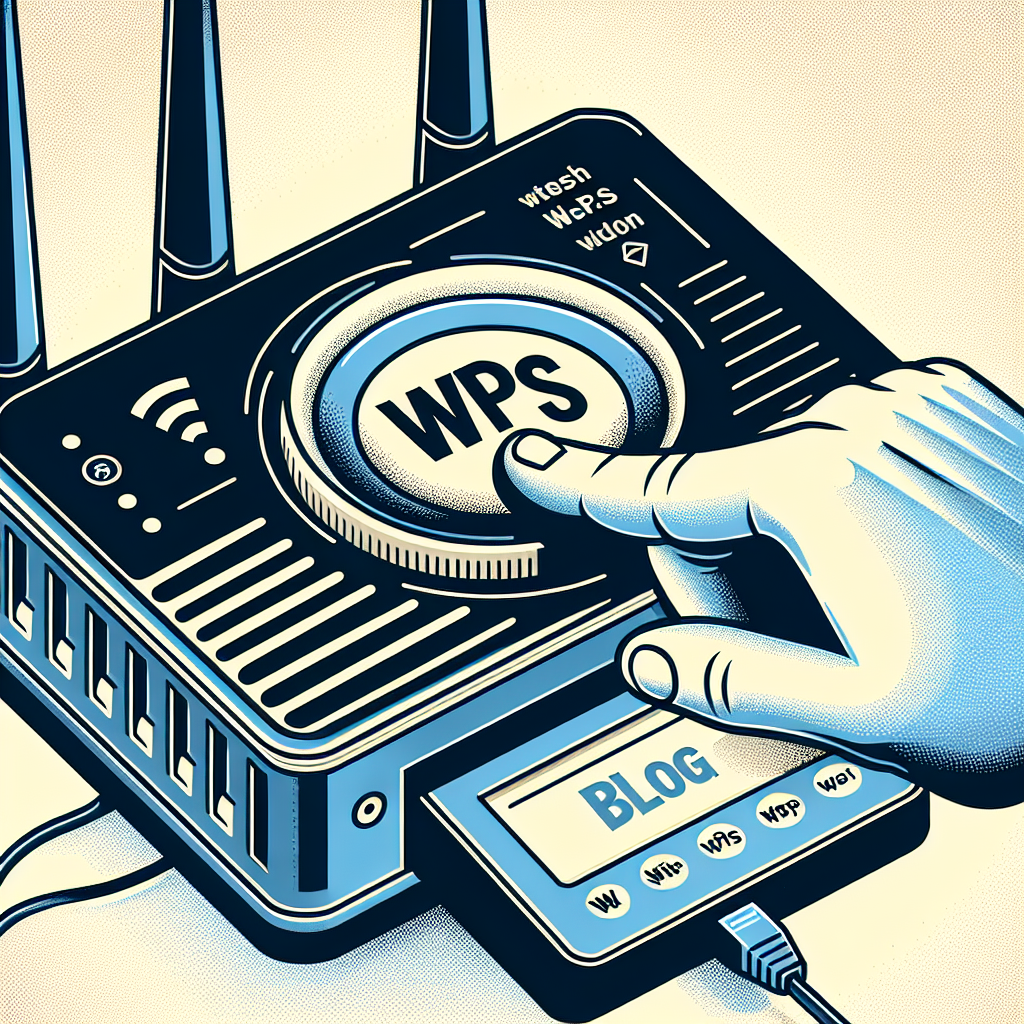Understanding Puls Unter 60: When Low Heart Rates Become Concerning
Explore the implications of having a heart rate under 60 beats per minute, including potential causes, symptoms, and when to seek medical advice.

What is Puls Unter 60?
Puls unter 60, or a heart rate below 60 beats per minute (bpm), is commonly referred to as bradycardia. While a resting heart rate can vary widely among individuals, bradycardia raises important questions about cardiovascular health. It is essential to understand not only what constitutes a low heart rate but also the potential implications for health and when it might be a cause for concern.
Normal Heart Rate Ranges
The average resting heart rate for adults typically ranges from 60 to 100 bpm. Athletes and those who engage in regular vigorous exercise may have a resting heart rate lower than 60 bpm, often considered a sign of effective cardiovascular fitness. However, when a non-athlete presents with puls unter 60, a deeper investigation is warranted.
Causes of Puls Unter 60
When discussing puls unter 60, it is essential to recognize the various causes that can contribute to bradycardia. These can include:
- Physical Fitness: Highly trained athletes may experience lower resting heart rates due to increased heart efficiency.
- Medications: Certain medications, particularly beta-blockers and calcium channel blockers, can lead to a slower heart rate.
- Heart Conditions: Conditions such as sick sinus syndrome or heart block can disrupt the electrical signals in the heart, causing bradycardia.
- Hypothyroidism: An underactive thyroid can slow the heart rate significantly.
- Electrolyte Imbalance: Imbalances in potassium or calcium levels may also lead to bradycardia.
Symptoms Associated with Puls Unter 60
Many individuals with bradycardia may not experience any symptoms. However, for some, symptoms can arise and include:
- Dizziness or lightheadedness
- Fatigue
- Shortness of breath
- Fainting spells
- Confusion or difficulty concentrating
If you experience any of these symptoms alongside a heart rate under 60, it is crucial to consult a healthcare provider.
When to Seek Medical Attention
Not every instance of puls unter 60 is alarming. However, specific scenarios warrant immediate medical attention, including:
- If bradycardia is accompanied by any severe symptoms such as chest pain or fainting spells.
- If it occurs suddenly, especially in an individual with no previous heart health issues.
- In case of persistent low heart rates that seem to coincide with new health conditions or lifestyle changes.
It is advisable to seek guidance from a healthcare professional who can conduct necessary tests and evaluate your condition accordingly.
Diagnostic Tests for Bradycardia
If you present with puls unter 60 and associated symptoms, your healthcare provider may recommend several diagnostic tests, including:
- Electrocardiogram (ECG or EKG): This test provides a visual representation of the heart's electrical activity, helping to identify any abnormalities.
- Holter Monitor: A portable device worn for 24-48 hours to record the heart's rhythms during daily activities.
- Echocardiogram: An ultrasound of the heart can reveal structural issues that may be causing bradycardia.
- Blood Tests: To check for electrolyte imbalances, thyroid hormone levels, and other relevant markers.
Management and Treatment Options
Treatment for puls unter 60 is tailored to the cause of bradycardia:
- Observation: If no severe symptoms arise, monitoring may be sufficient.
- Medication Adjustment: If medications are the cause, adjustments may be necessary.
- Pacemaker: In severe cases, a pacemaker may be implanted to regulate the heart rate.
- Addressing Underlying Causes: Treating conditions such as hypothyroidism or electrolyte imbalances may reverse bradycardia.
Conclusion
Puls unter 60 does not automatically indicate a severe health issue, particularly in well-conditioned athletes. However, for others, it can be a symptom of underlying health concerns that require attention. Understanding the causes, potential symptoms, and when to seek medical assistance is critical in managing heart health effectively. If you're experiencing any related symptoms or are concerned about your resting heart rate, consult a healthcare professional for guidance.
New posts

Understanding Normal Pulse Rates: What Is a Normal Pulse?
Fitness

Understanding Ruhepuls 60: A Guide to Optimal Heart Rate
Fitness

Understanding Ruhepuls 45: The Ideal Resting Heart Rate for Your Health
Fitness

Understanding Normal Pulse Pressure: What You Need to Know
Lifestyle

Low Blood Pressure and Trembling: Understanding the Connection
Wellness

Understanding Low Blood Pressure at Night: Causes, Symptoms, and Management
Wellness

Understanding Pulsdruck: Key Insights into Your Blood Pressure Dynamics
Wellness

Understanding Why You Might Experience Niedriger Blutdruck
Lifestyle

Navigating Low Blood Pressure and High Pulse: Key Insights
Wellness

Understanding Ruhepuls 40: What It Means for Your Health
Fitness
Popular posts

Understanding Low Blood Pressure and Tiredness: Insights and Solutions
Lifestyle

Understanding Low Blood Pressure with High Pulse Rate
Wellness

Understanding Normal Blood Pressure: A Deep Dive
Wellness

Effective Strategies for Managing Heart Palpitations: What to Do When Experiencing Herzrasen
Lifestyle

Recognizing the Symptoms of High Blood Pressure
Wellness

What to Do When You Have a High Heart Rate
Lifestyle

Understanding Low Blood Pressure: What Does the Lower Value Mean?
Wellness

Understanding Blood Pressure: What Does 110 Over 70 Mean?
Lifestyle

Understanding High Pulse and Low Blood Pressure: Causes and Solutions
Management

Effective Remedies for Low Blood Pressure
Lifestyle